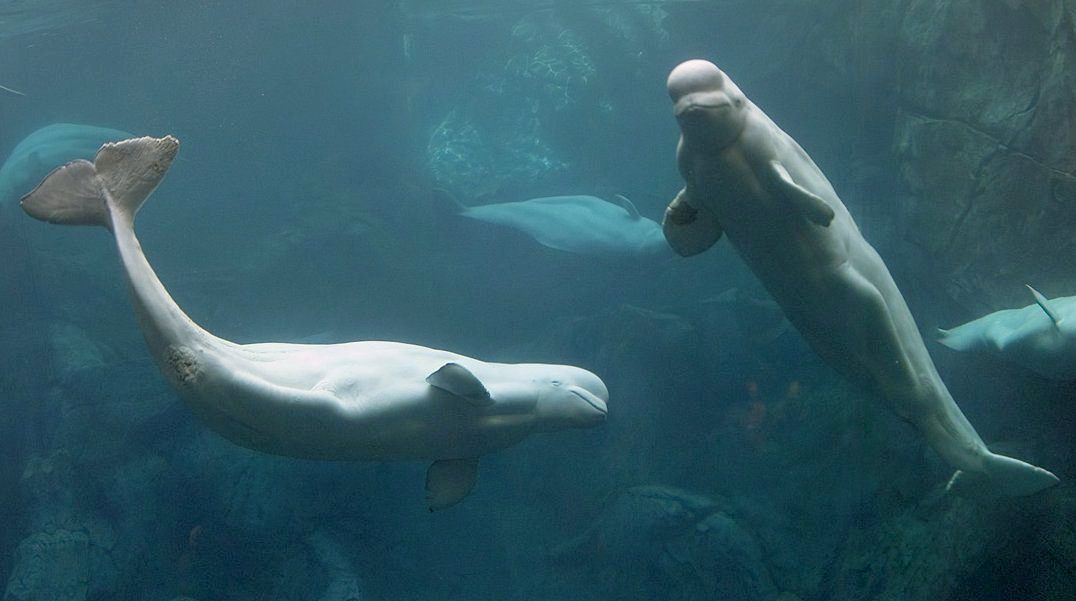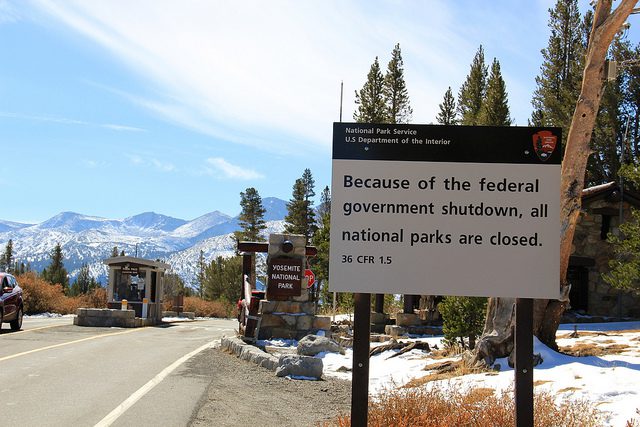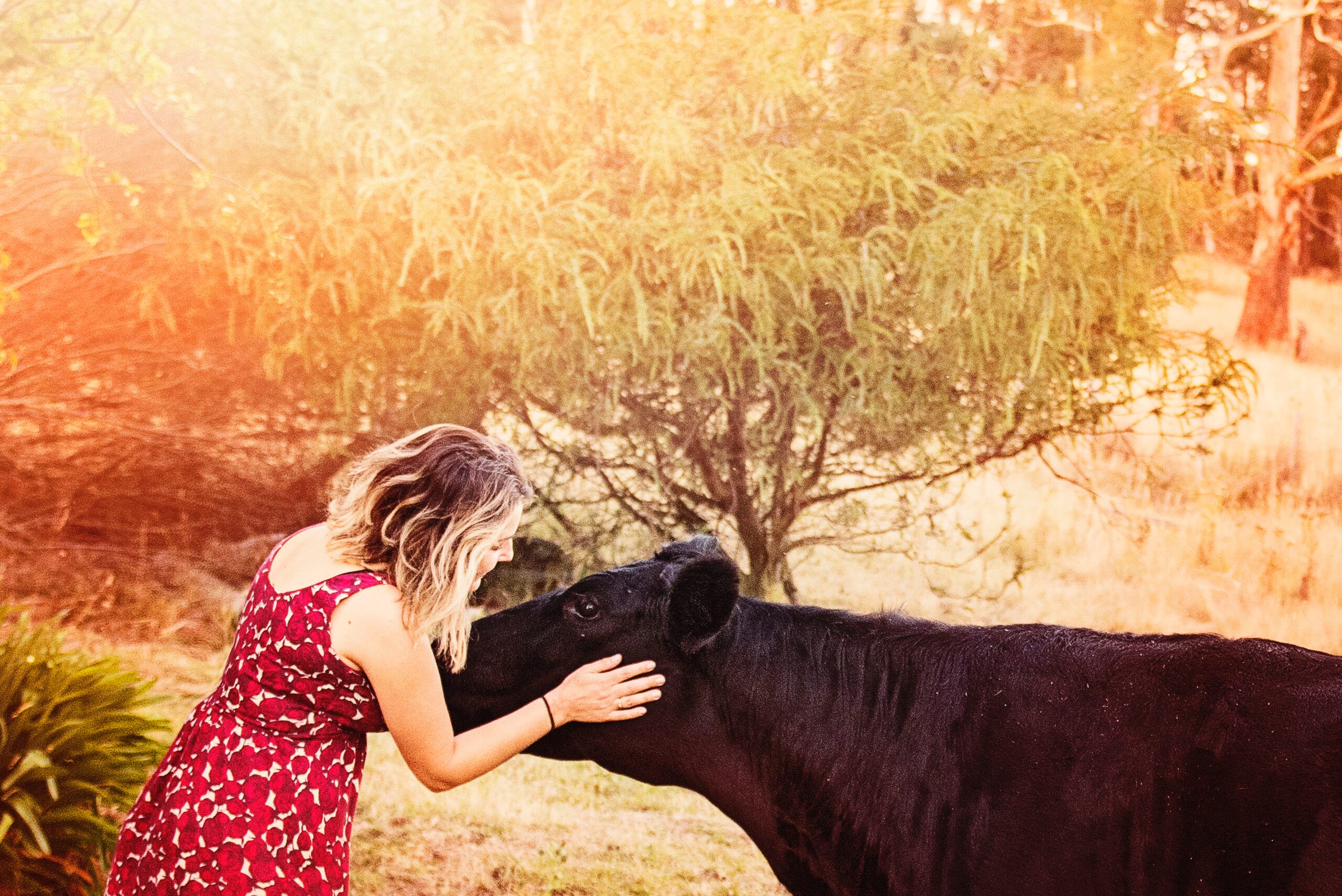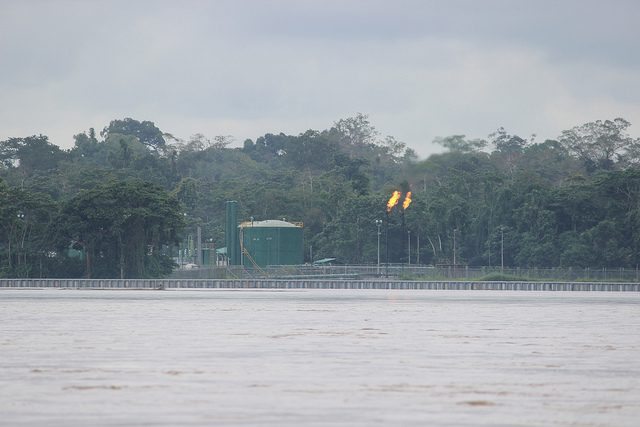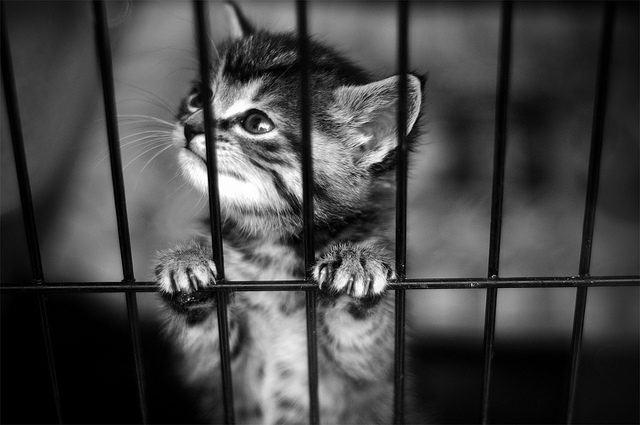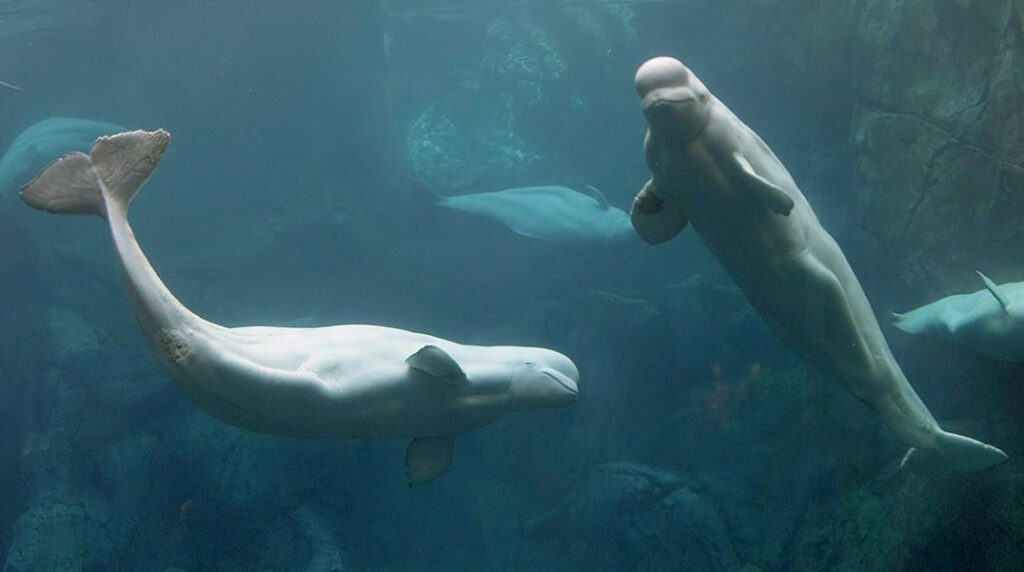
Change.org: More than 100 whales—orcas and belugas—are being held in tiny enclosures on Russia’s Pacific Coast in the city of Nakhodka. This is the largest number of marine animals ever to be held captive in such small temporary spaces. Some of them have been there since July 2018. Marine mammal experts claim that the animals will be sold to Chinese aquariums and are concerned that they will die if they are kept in these stressful conditions much longer.
>>>Urge the Minister of Natural Resources and Environment of the Russian Federation Dmitry Kobylkin to immediately transfer these whales to a responsible party to be rehabilitated and released back to their natural habitat.
Pew Charitable Trusts: America’s public lands help define us as a nation. They are precious and prized—as sources of clean air and water; as wildlife habitat; as quiet havens of solitude. The public lands package being considered in Congress would preserve cool mountain streams, desert canyons and rivers, granite peaks, and other special places to the National Wilderness Preservation System.
>>>Urge your senators and representative to ask their leadership to protect wilderness and uphold bedrock environmental protections.
Care2: “Bama Bayou” is a proposed $300 million dollar project that will transform the small town of Orange Beach, Alabama into the next big summer destination. If approved, it will include tanks, pools and holding facilities where captive dolphins will live their entire lives and be forced to perform. Dolphins who live in the wild can live up to 50 years, but in captivity, a 25-year lifespan is considered long. These intelligent, emotional animals deserve to be in the wild.
>>>Tell the Orange Beach City Council that the bayou would be better without dolphin cruelty.
African Wildlife Foundation: About 40 percent of Africa’s giraffe population has been decimated in the last 30 years. Poachers are targeting the species for its body parts and skin—and a recent AWF study found that giraffe meat is being passed off as beef or goat in butcher shops. This heartbreaking development worsens the effects of habitat loss and human encroachment, which have been wreaking havoc on giraffe populations for decades.
>>>Tell the Kenya Wildlife Service that you support a recovery and action plan to save the giraffe.
Paws 4 a Cause NZ: In the quiet of New Zealand forests, hidden from public view, tens of thousands of animals are dying. Screaming. Squealing. Writhing. Convulsing. Fluttering. Suffering. These animals have been poisoned by helicopter drops of lethal 1080 (sodium fluoroacetate) poison baits. These poison baits are dropped by New Zealand government to target rats, stoats and possums. But the poisons are indiscriminate, and can cruelly kill any animals who ingest baits or a poisoned carcass.
>>>Urge New Zealand Prime Minister Jacinda Ardern to ban 1080 poison.
Parting thought…
“Injustice anywhere is a threat to justice everywhere.” —Martin Luther King Jr.
Earth | Food | Life (EFL) explores the critical and often interconnected issues facing the climate/environment, food/agriculture and animal/nature rights, and champions action; specifically, how responsible citizens, voters and consumers can help put society on an ethical path of sustainability that respects the rights of all species who call this planet home. EFL emphasizes the idea that everything is connected, so every decision matters.
Click here to support the work of EFL and the Independent Media Institute.
Questions, comments, suggestions, submissions? Contact EFL editor Reynard Loki at [email protected]. Follow EFL on Twitter @EarthFoodLife.
